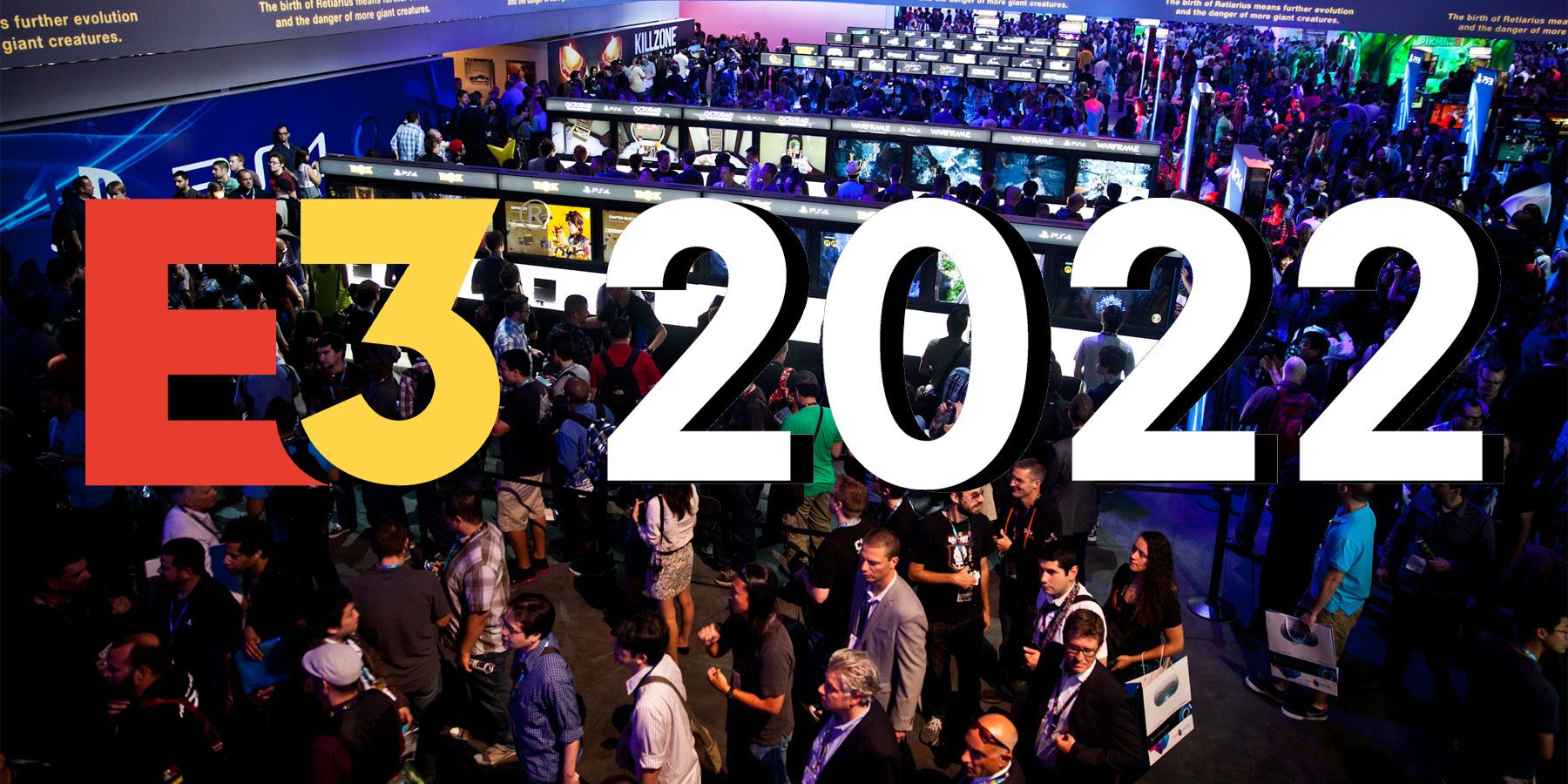E3 has been a staple of the games industry and the gaming community ever since it was introduced in the 90s. It’s seen plenty of changes to its form, but perhaps none as drastic as last year’s all digital event. The conference has certainly seen some ups and downs over the years, though it seems to be generally agreed upon that it’s been less exciting in recent years - with many arguing that E3 should soon come to an end.
With the news that E3 2022 won’t be happening physically this year and rumors circulating that a digital one might not happen either, it’s beginning to look like the conference could have already had its final event. This is unfortunate because the industry needs E3 or, at the very least, something comparable to it. If E3 is gone, things would likely function as normal on the surface, but its absence would likely have major ramifications that wouldn’t be easily measurable.
What E3 Brings to the Table
In the current landscape that gaming has found itself in due to the ongoing global pandemic, live-streamed events and announcements have become extremely common, with most studios frequently demonstrating that they’ve been able to adapt to the more online-focused environment. This was made extremely apparent with E3 2021 going entirely digital; each participating studio had a live-streamed event that went off without a hitch from a technical perspective. This success, paired with the fact that some major gaming companies like Sony don’t even attend E3 any more, has plenty of fans asking themselves why E3 even needs to exist if studios can essentially put on their own, mini E3’s for themselves.
On the surface, that question makes a lot of sense. Clearly, studios are capable of doing it, but it overlooks a lot of the other values that E3 has. The conference isn’t just about trailers and announcements, as the impact of getting everyone in the industry together for a week can’t be understated. Connections are made, partnerships are discussed, and plenty of smaller creators, whether they’re studios, journalists, or streamers, are able to get in front of more people than would be possible otherwise.
Even before the pandemic, so much of the gaming industry was based around online interaction, making it hard for newcomers to break into the space - especially if they don’t know any of the major players. Giving smaller studios and PR agencies the chance to be in the spotlight once a year during showcases and on the show floor is good for the growth of the industry. If that were to all go away in favor of major corporate live-streams, then there won’t be many options for those trying to start something new.
Even though E3 2021’s digital show floor was lacking in a lot of major areas, there was still the capacity for a lot of those conference-only moments to happen. As the future of in-person events gets murkier with each passing day, it’s important and healthy for the industry to have some sort of major event for everyone to get together for all the reasons listed above. That doesn’t have to mean that E3 specifically is the solution, as long as some other major industry event is able to take its place in the event that the ESA announces the show’s end. Whether it’s digital or physical, there’s a lot of merit to keeping E3 up and running, even if it’s not immediately apparent on the outside. Hopefully, the ESA can recognize this and keep things running, perhaps with a better online show floor.


.jpg)